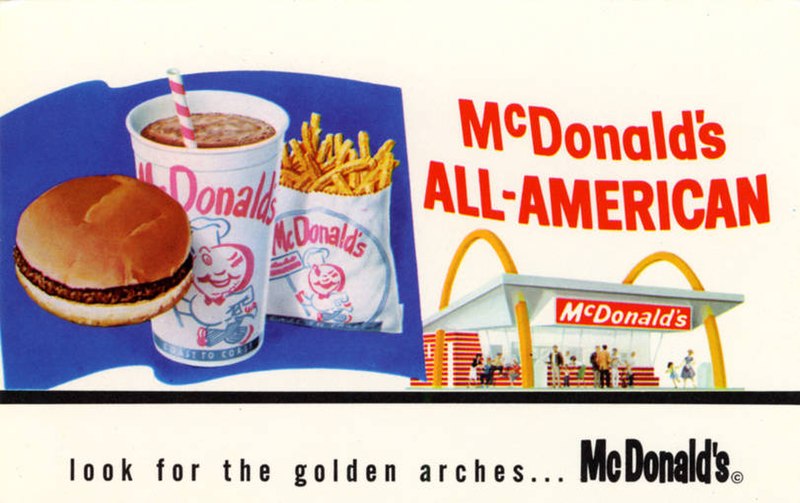
By substituting images for claims, the pictorial commercial made emotional appeal, not tests of truth, the basis of consumer decisions. The distance between rationality and advertising is now so wide that it is difficult to remember that there once existed a connection between them. Today, on television commercials, propositions are as scarce as unattractive people. The truth or falsity of an advertiser’s claim is simply not an issue. A McDonald’s commercial, for example, is not a series of testable, logically ordered assertions. It is a drama — a mythology, if you will — of handsome people selling, buying and eating hamburgers, and being driven to near ecstasy by their good fortune. No claims are made, except those the viewer projects onto or infers from the drama. One can like or dislike a television commercial, of course. But one cannot refute it.
— Neil Postman, Amusing Ourselves to Death, 1985
